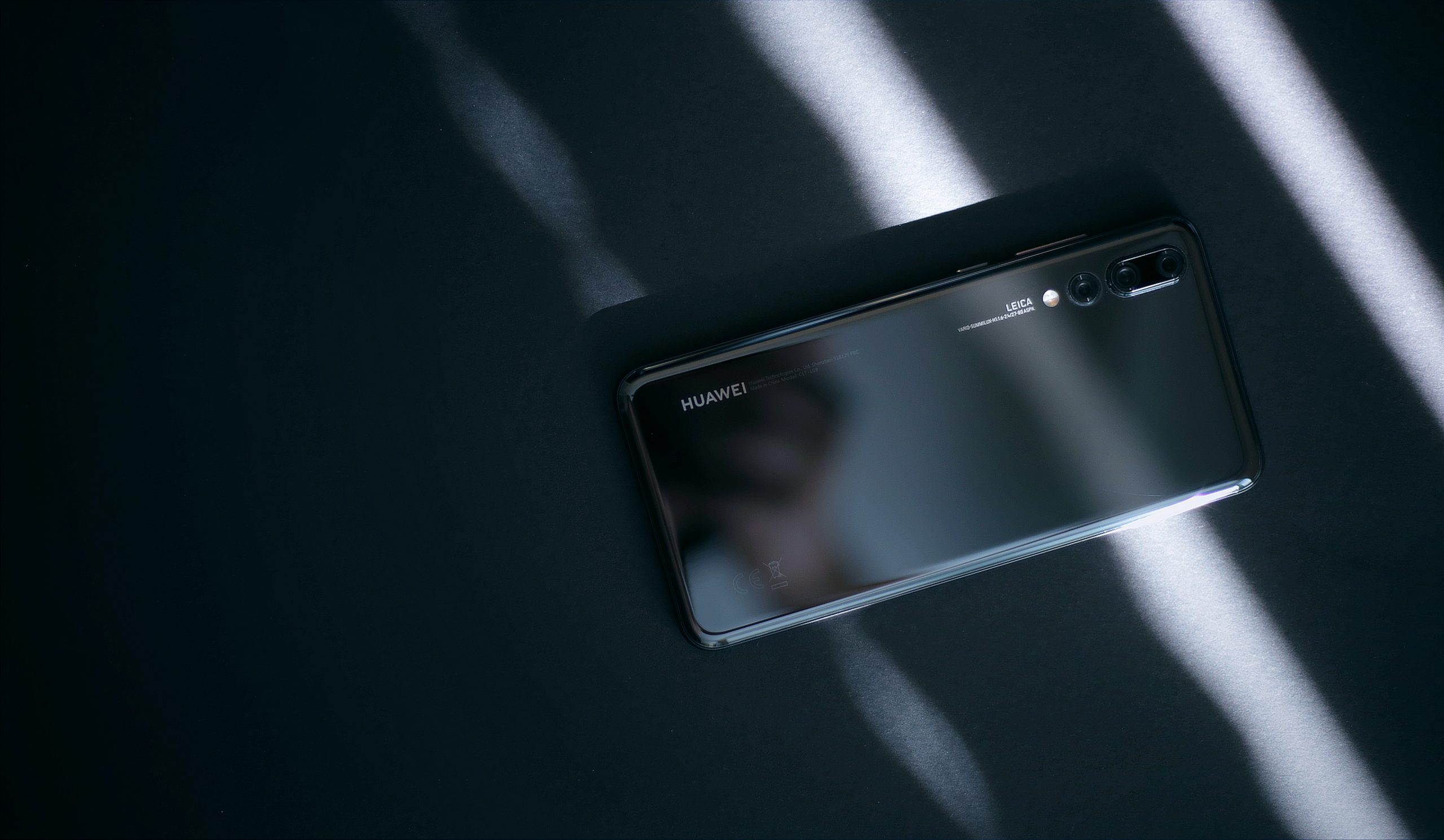Why isn’t the Dutch government stopping the collaboration between two Amsterdam universities and the Chinese technology company Huawei?
(Photo: Alex Escu / Unsplash)
This summer, the University of Amsterdam (UvA) and Vrije Universiteit Amsterdam (VU Amsterdam) announced their plan to set up a joint research lab for artificial intelligence – together with Huawei. Meanwhile, however, the Chinese tech giant is facing worldwide scrutiny for its alleged involvement in international espionage.
The universities’ plan raised more than a few eyebrows in the Dutch House of Representatives. Is it really wise to get in bed with a company like Huawei? And how will doing so affect academic freedom? MPs from VVD, D66, CDA, PVV and FvD demanded an explanation. This week, the Cabinet published a 21-page response to their questions.
Opportunities and risks
The main thrust of the document is that Dutch universities and universities of applied sciences have a high degree of autonomy. According to the Cabinet, it’s up to the institutions themselves to decide who they want to work with. However, they do have an obligation to “make a thorough assessment of the opportunities and risks involved in any national or international collaboration”.
But for a number of concerned MPs, worries about the risks outweigh the opportunities in this specific case. Should a decision like this really be left up to the universities themselves? Shouldn’t there be more government supervision?
That’s what the Inspectorate of Education and the Accreditation Organisation of the Netherlands and Flanders (NVAO) are for, the responsible ministers believe. In addition, the sector has committed itself to various codes of good governance and scientific integrity.
- Read here how TU Delft views its collaboration with China.
Surprised
Moreover, UvA and VU Amsterdam have taken the necessary precautionary measures, the Cabinet writes. Huawei employees will not have access to the universities’ networks and laboratories, and the project’s research results will be made available through open access. Before agreeing to the deal with Huawei, the universities also consulted the relevant ministries, the National Coordinator for Security and Counterterrorism (NCTV) and the General Intelligence and Security Service (AIVD).
All the more surprising, according to the MPs, that the project is going ahead. Why would all these parties approve of the collaboration with Huawei? Because they only have an advisory role, the Cabinet writes in its response: “Neither the AIVD, the State Secretary for Economic Affairs nor the Minister of Education has a formal role in approving or rejecting collaborations.”
Additional measures
At the same time, the Cabinet is not entirely uncritical. It shares the MPs’ concerns about developments in Hong Kong and the Chinese repression of minorities, human rights activists and dissidents.
Additional measures are also being taken to “prevent the undesirable transfer of knowledge and technology through education and research”. Updates on these measures will follow later this autumn. In the face of increasing concerns, Minister of Education Ingrid van Engelshoven earlier announced that she is drafting a new official position on cooperation with China. The Clingendael Institute warned this summer for Chinese censorship and influence in Dutch higher education and research.
But not everyone is pessimistic. In a report published last Wednesday, the LeidenAsiaCentre does point out the risks of scientific cooperation with China, but it also stresses the substantial benefits involved.
HOP, Evelien Flink
Translation: Taalcentrum-VU
Do you have a question or comment about this article?
redactie@hogeronderwijspersbureau.nl


Comments are closed.